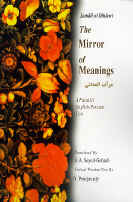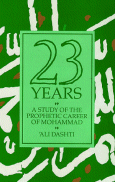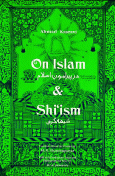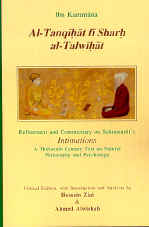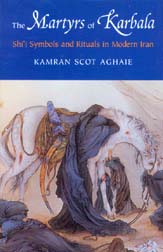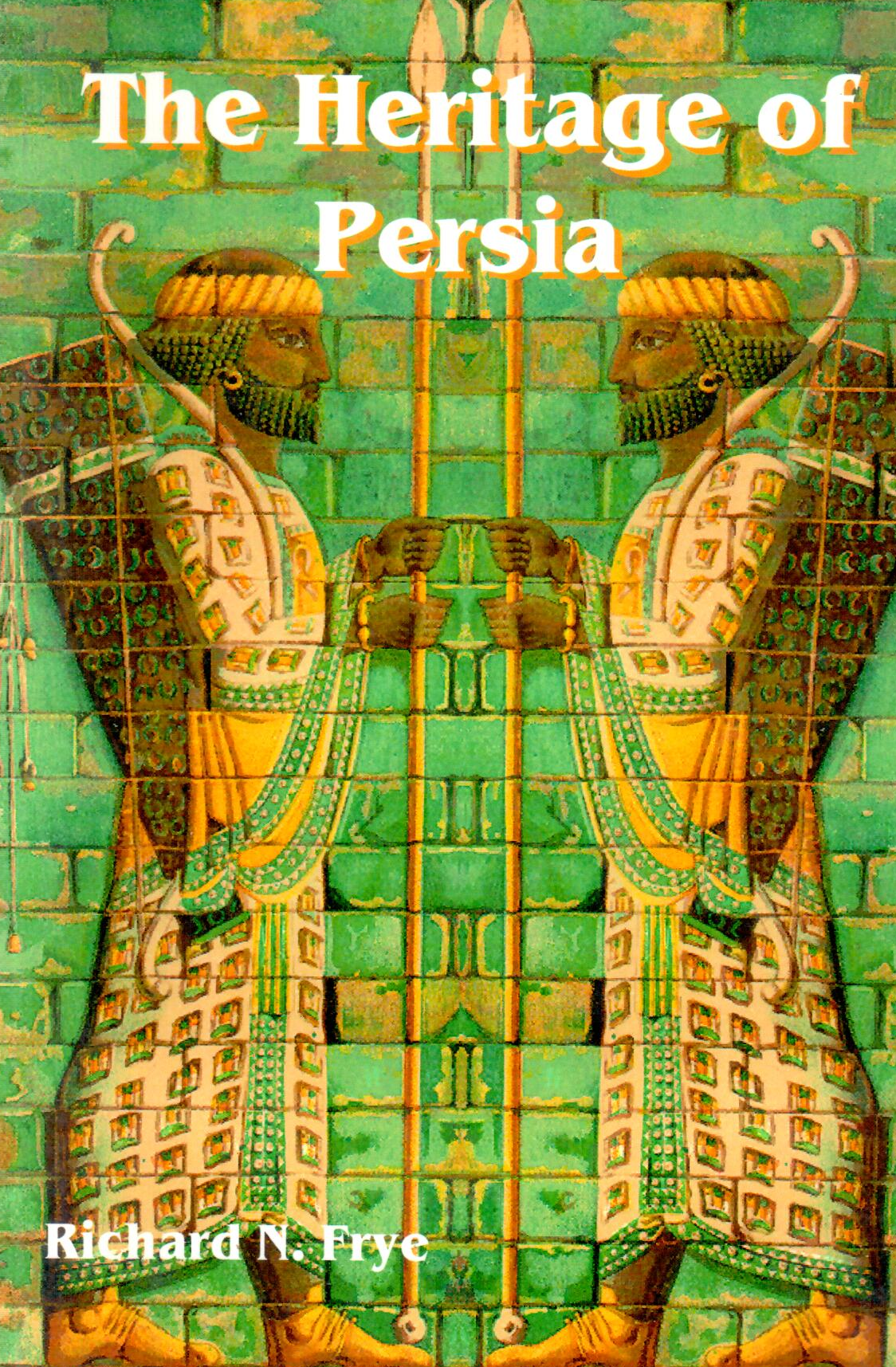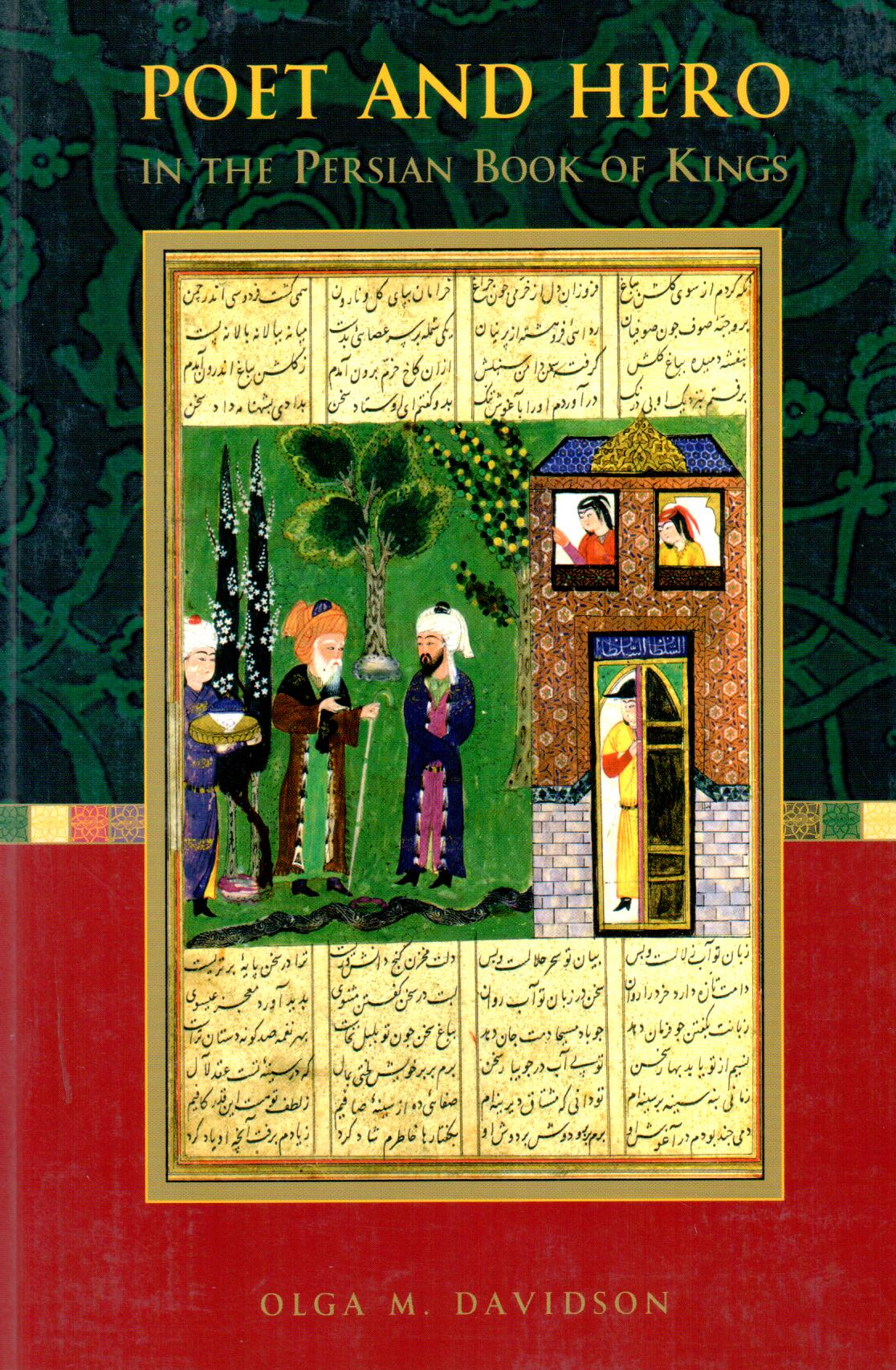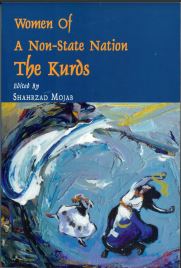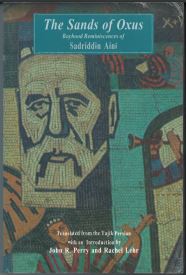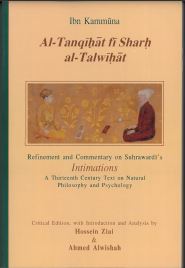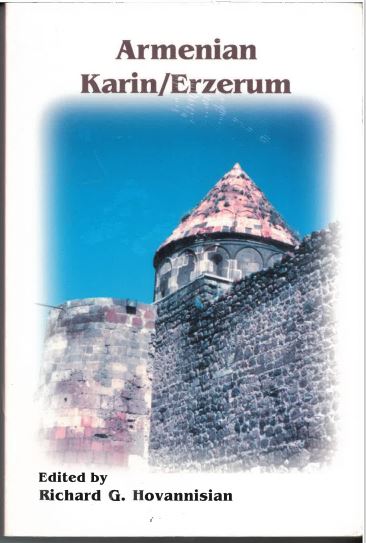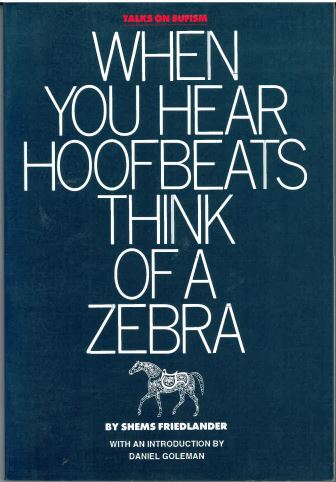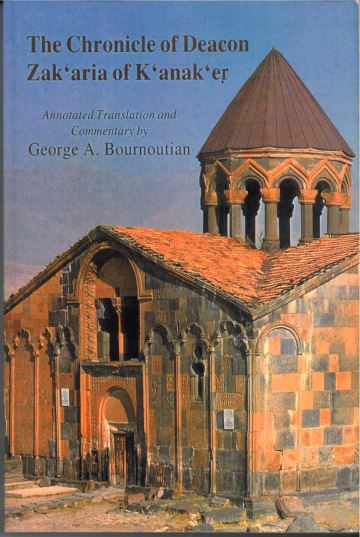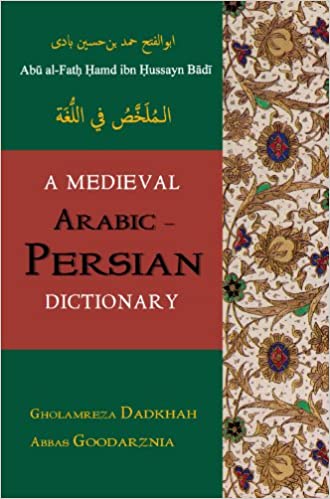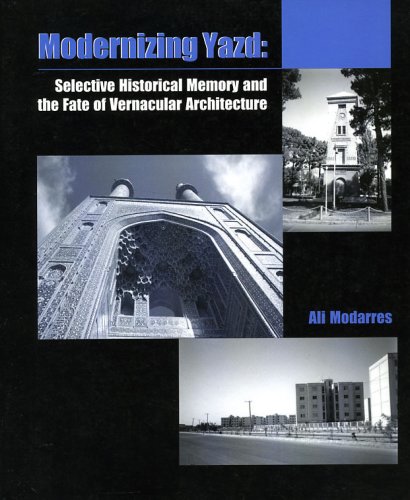The Mirror of Meaning: A Parallel English-Persian Text: Engelska 2002
The Mirror of Meaning: A Parallel English-Persian Text
27,82 $
Dela
Wishlist
ISBN:
1568591047
Översättare:
Seyed-Gohrab
,
A A
Förlag:
Mazda Publishers
Åldersgrupp:
Vuxen
Sidor:
132
Vikt:
450 g
Produktmått:
14 x 21 x 0
,
92 cm
Bokomslag:
Pocketbok
Hamid b. Fazl Allah Jamali of Delhi (A.D. 1483-1542) is one of the outstanding Indian poets, who followed the rich tradition of Persian mystical poetry. Jamali was the poet-laureate of Sultan Sikandar Ludi (reigned 1489-1517) and wrote several works, among which a memoir of fourteen Indian mystics of the Chishti order, entitled The Spiritual Journey of the Mystics (Sayr al-Xarifin); an allegorical romance The Sun and the Moon (Mihr u Mah); and many lyrics and odes. The Mirror of Meanings is his finest expression of Sufi thought and made him immensely popular in India, Iran, Afghanistan, Pakistan and Central Asia. Jamali composed the poem at the request of people who wanted to know the symbolic significance of the terminology used by Sufis. It is written in the figurative and erotic language of Sufis, exposing in 38 chapters their ecstatic experiences, their exertion on the path of love and their union with the divine beloved, concentrating on the spiritual symbolism of the belovedYs body, the meaning of wine, wine-seller, and cupbearer. In this poem, Jamali shows how the mystic can be united with the Beloved through Gnostic knowledge of the formal body. It is a journey from the phe
more
Hamid b. Fazl Allah Jamali of Delhi (A.D. 1483-1542) is one of the outstanding Indian poets, who followed the rich tradition of Persian mystical poetry. Jamali was the poet-laureate of Sultan Sikandar Ludi (reigned 1489-1517) and wrote several works, among which a memoir of fourteen Indian mystics of the Chishti order, entitled The Spiritual Journey of the Mystics (Sayr al-Xarifin); an allegorical romance The Sun and the Moon (Mihr u Mah); and many lyrics and odes. The Mirror of Meanings is his finest expression of Sufi thought and made him immensely popular in India, Iran, Afghanistan, Pakistan and Central Asia. Jamali composed the poem at the request of people who wanted to know the symbolic significance of the terminology used by Sufis. It is written in the figurative and erotic language of Sufis, exposing in 38 chapters their ecstatic experiences, their exertion on the path of love and their union with the divine beloved, concentrating on the spiritual symbolism of the belovedYs body, the meaning of wine, wine-seller, and cupbearer. In this poem, Jamali shows how the mystic can be united with the Beloved through Gnostic knowledge of the formal body. It is a journey from the phe
more

